Audiobooks are a trending topic in digital publishing with double-digit growth. As with every growing sector, it structures itself on the go. Knowledge of industrial processes and previous experiences mobilized as help for decision is a game changer.
As an organization involved in the innovation of the digital reading ecosystem, EDRLab has a professional and transparent cross-sectional viewpoint exposed via its standardization work and its implementation of open-source solutions.
State of the art
Technically, the market is ruled by distributor formats: for every audiobook publication, recording studios create audio files, insert basic metadata inside these files, and send them to different e-distributors using custom formats, as requested by these distributors. It works because service providers have managed to build in-house formats and workflow to adapt to entry and output points. But as the number of publishers, distributors, and booksellers is moving up quickly, the lack of standards will become a real burden. From an industrial perspective, this state is leading to the accumulation of technical debts and loss of control for publishers.
This fragmentation also means that end users, depending on the platform they use (and they are almost always siloed to one), can get many different experiences limiting perspectives and user choices. Changing the reading platform implies rebuying the books in the new service. For persons with print disabilities perspective, it is an accessibility barrier as managing access to multiple proprietary formats cannot be handled by micro-enterprises providing specialized reading solutions and material.
The powers of standards
The idea is simple yet revolutionary: standardized formats transcend device boundaries, eliminate compatibility issues, and enrich user experiences. By adopting a universal format, creators and publishers can streamline production workflows, ensuring faster releases and reduced costs. This not only empowers content producers but also benefits consumers who can access a broader range of high-quality audio content with ease.
- Enhanced User Experience: the content bought or borrowed is independent of the distribution channel and reading application, readers can benefit from multiple reading experiences with seamless transitions from a phone during a morning commute to a smart speaker at home.
- Accessibility: The standardized format paves the way for a more inclusive world as specific use cases of usability can be improved through assistive technologies and reading can be ported to a large variety of specialized reading materials or applications.
- Efficient Production: Creators can focus on what they do best – crafting captivating narratives. With streamlined production processes, audiobook releases become quicker and more cost-effective.
- Unleashed Innovation: Standardization ignites innovation. Creators can explore new avenues, leveraging the capabilities offered by the format to create interactive and immersive audiobook experiences.
- Future proof: we don’t know the formats of tomorrow, but we can assert that there will be conversion methods from current standards.
The journey ahead
While the path toward a standardized audiobook format presents challenges, it is made of stepping stones, not stumbling blocks. Migrating legacy content, ensuring a smooth transition for existing libraries, and fostering industry-wide consensus require strategic planning and industry collaboration. User information must also not be forgotten.
Previous experiences on standardization allow the identification of some strategic keys to ensure a seamless transition into the era of standardized audiobook formats:
- Collaboration: collaborative alliance among publishers, creators, distributors, and technological innovators amplifies the resonance of the benefits gained from standardized formats.
- Infrastructure: Open-source toolkits help build common frameworks for easy implementation of the rich features provided by the standards.
- Knowledge Propagation: enlightening consumers and industry stakeholders about the myriad benefits of the standardized format.
- Gradual Integration: gradual assimilation of the format, entices early adopters while ensuring compatibility with existing formats during the transition phase.
- Perpetual Evolution: Feedback and real-world insights are needed to foster technological advancements in the standards.
Embracing a New Chapter: The Future of Audiobooks
The adoption of a standardized audiobook format marks a pivotal juncture in the annals of literary engagement. It empowers creators to craft narratives that transcend the confines of platforms, augments accessibility for diverse audiences and nurtures an ecosystem of inclusivity and innovation. As we rally behind this transformative endeavor, we embark on a literary odyssey at the convergence of literature and technology.
As an organization involved in the innovation of the digital reading ecosystem, EDRLab has a professional and transparent cross-sectional viewpoint exposed in the
standardization work and implementation solutions. We consider our mission to provide insights and valuable information to publishers and actors of the audiobook ecosystem.
W3C audiobook is a recommendation since 2020. If you are interested in taking part in this journey, please get in touch with us!
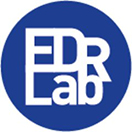
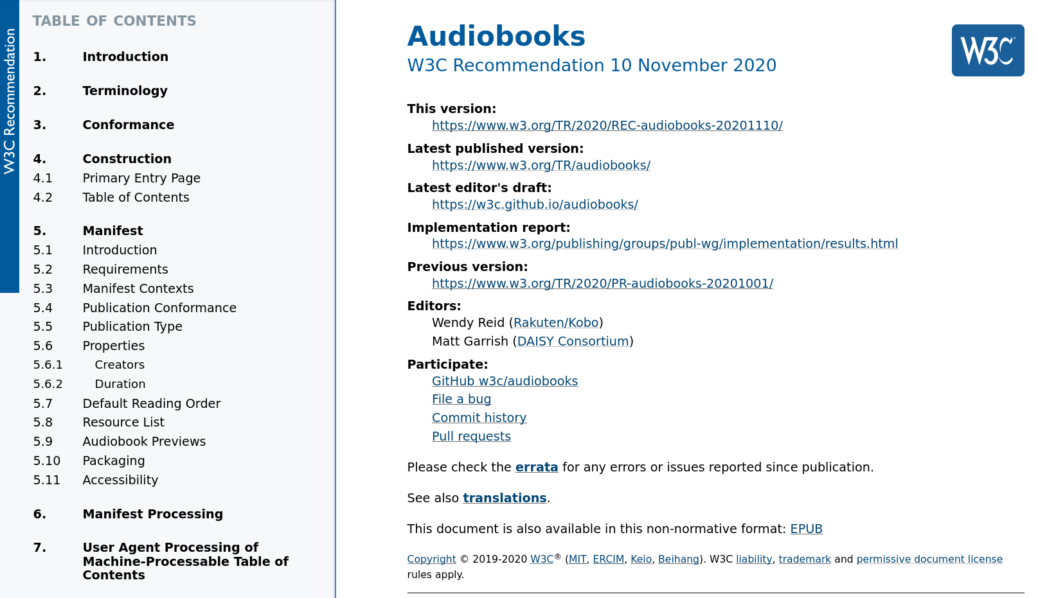
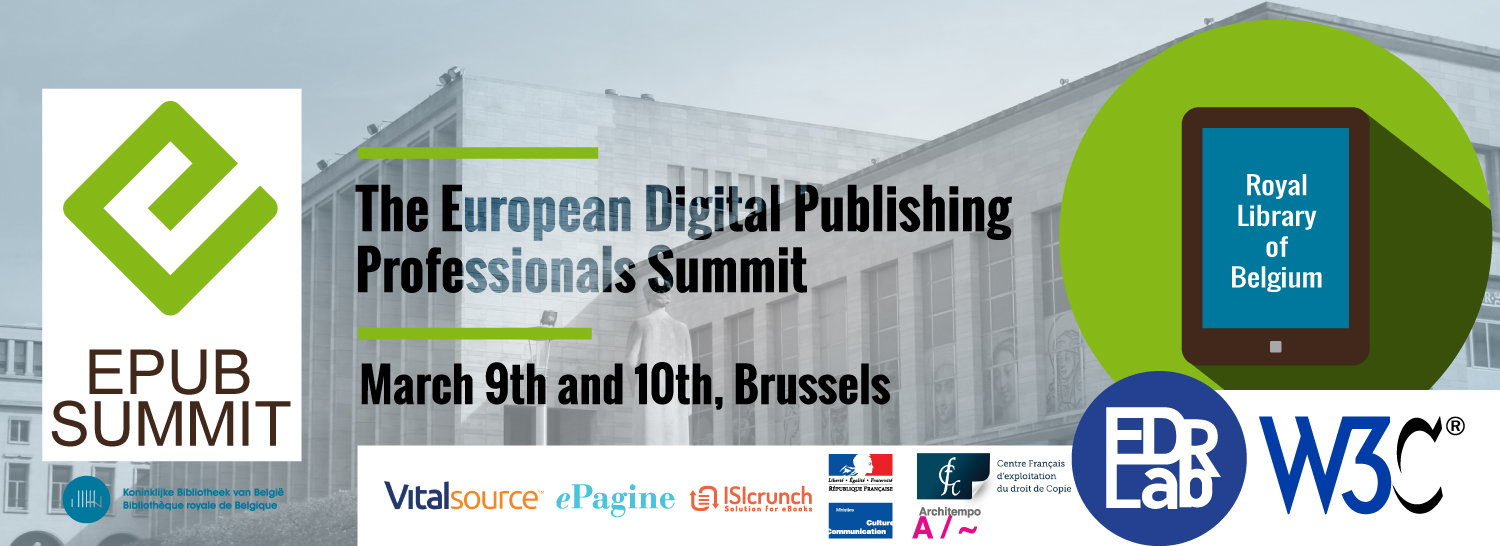
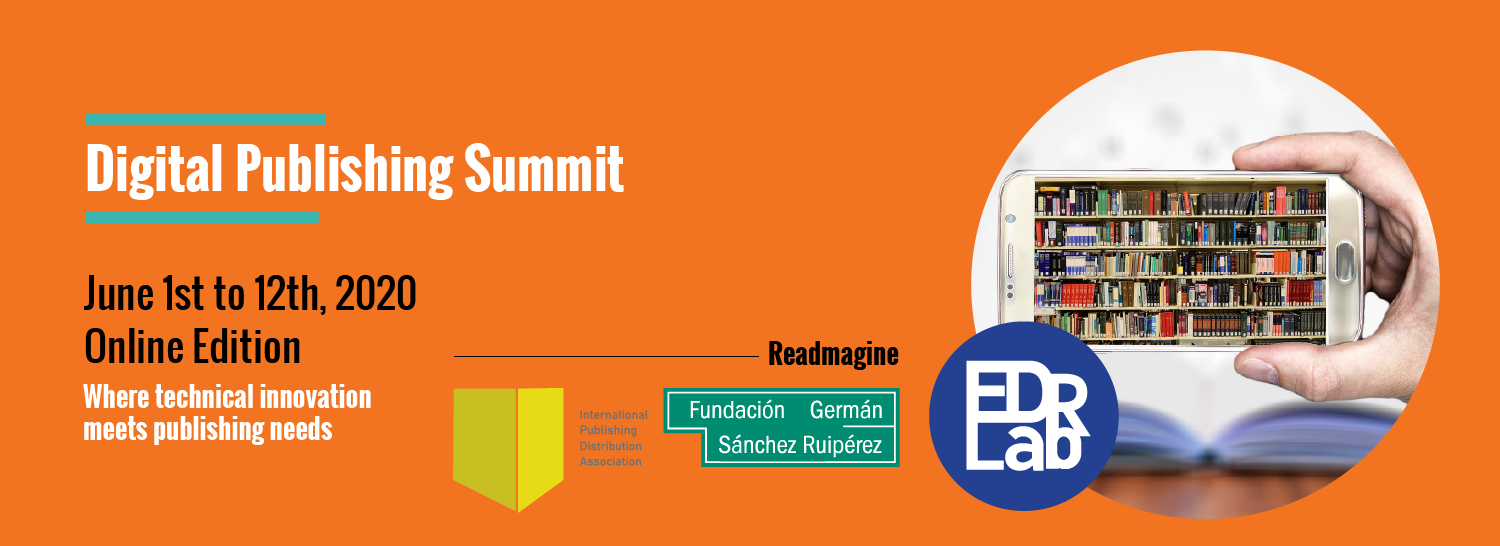
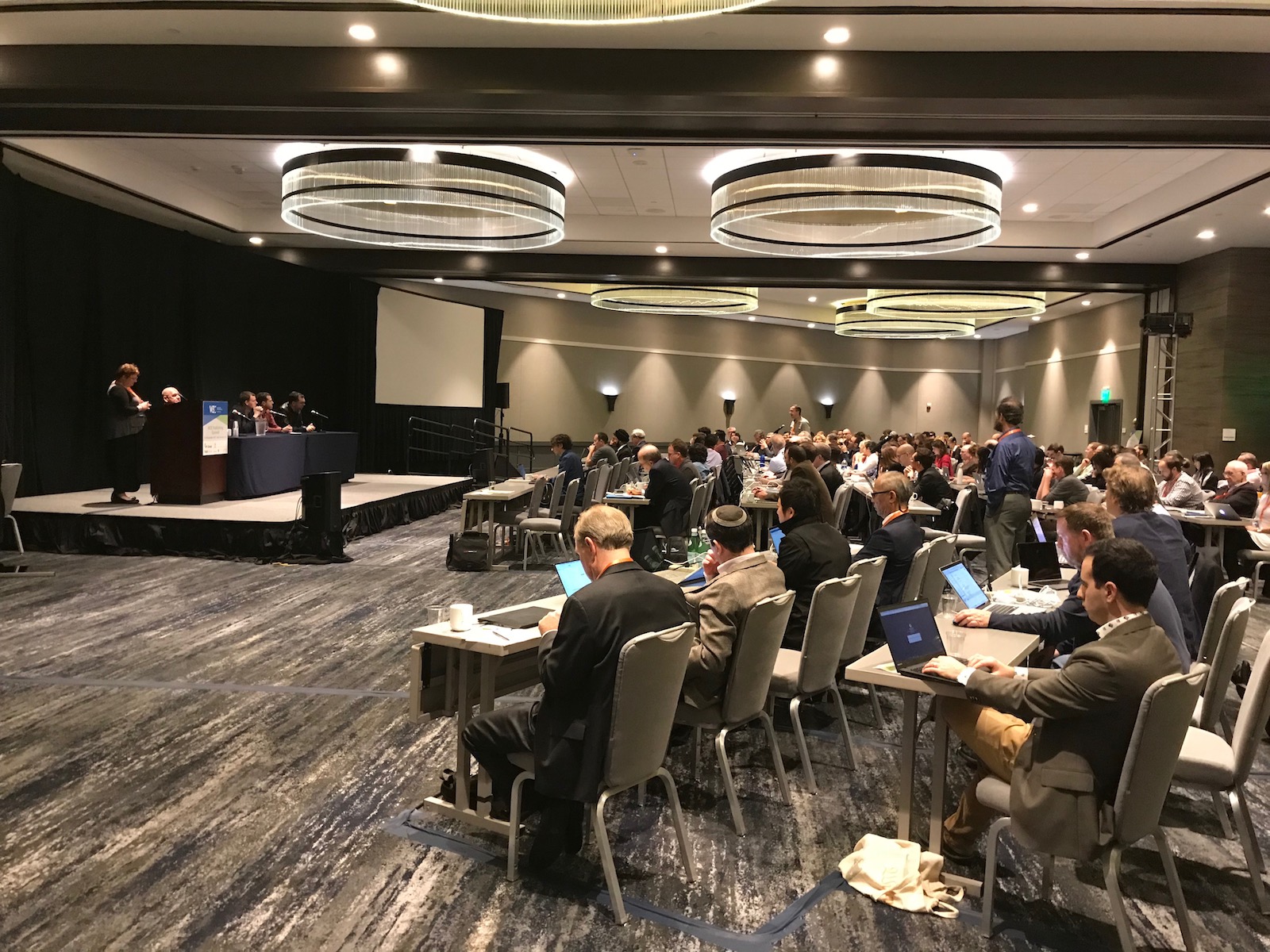

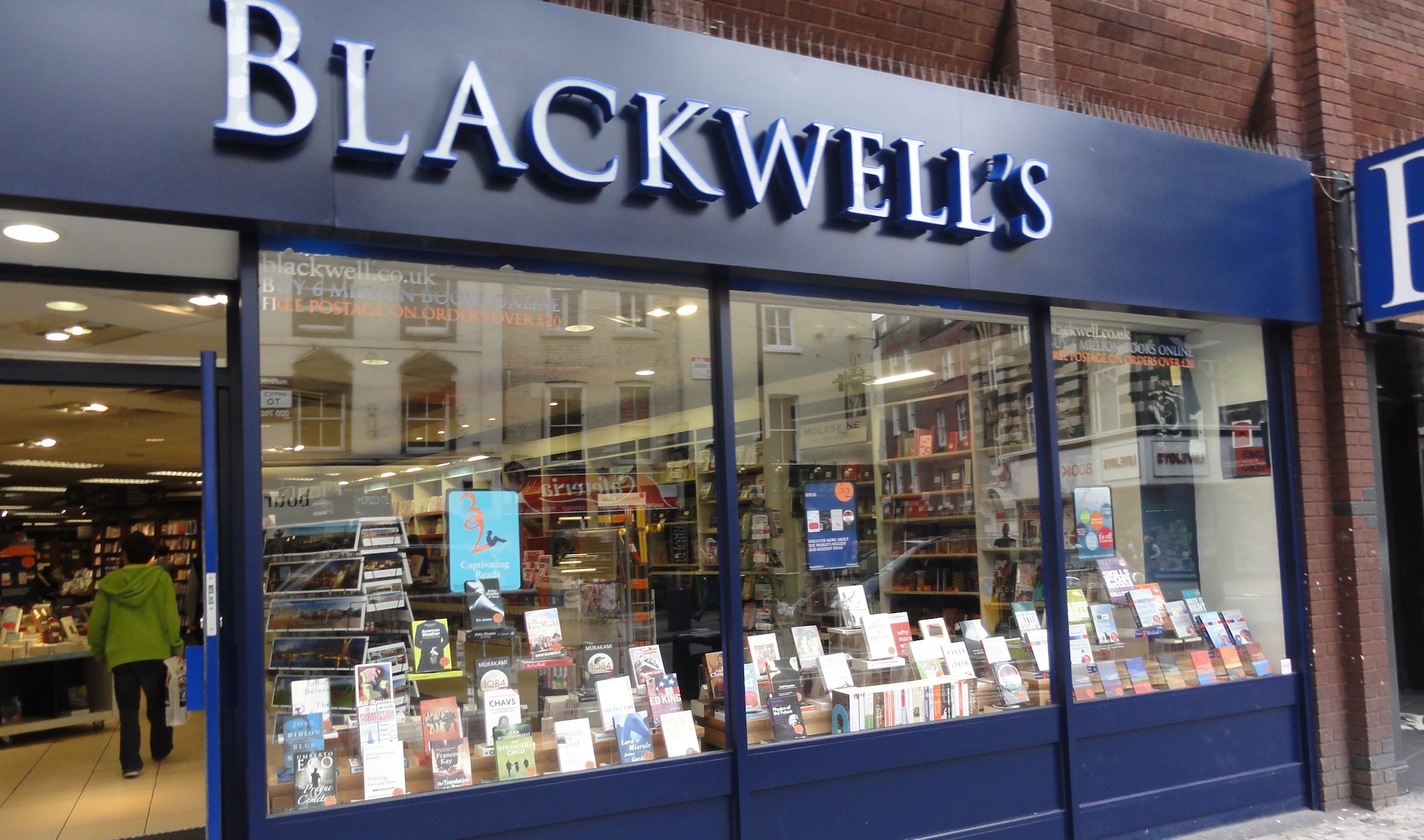
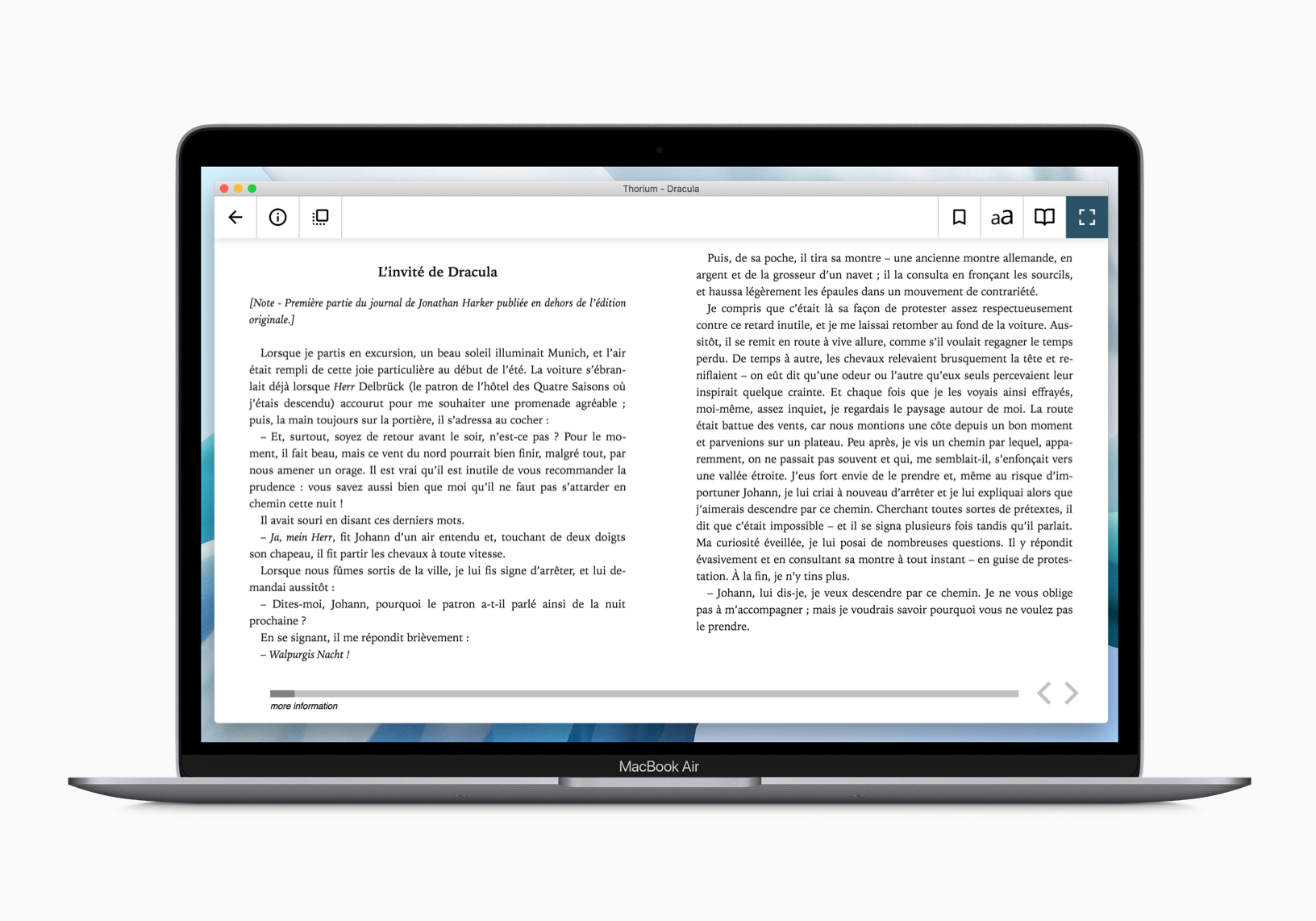






 contact@edrlab.org
contact@edrlab.org +33 1 83 64 41 34
+33 1 83 64 41 34

[…] Make audiobooks prettier, stronger, and more accessible! […]